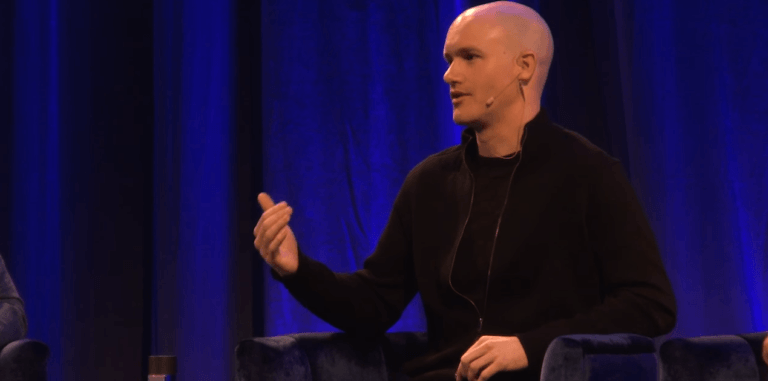In a blog post published on March 19, Brian Armstrong, the Co-Founder and CEO of Coinbase, challenges the prevalent skepticism surrounding the utility of cryptocurrencies. Armstrong confronts the narrative that crypto’s only purposes are speculation and illicit activity, saying that over 50 million Americans and 400 million people globally have engaged with crypto, with illicit activities constituting less than 0.5% of transaction volume.
Armstrong points out that, while many are drawn to cryptocurrencies for investment opportunities, the underlying attraction is a fundamental distrust in traditional financial systems. He references the historical decision by the US in the 1970s to sever the dollar’s link to gold, leading to a cycle of government overspending, inflation, and economic stagnation. Armstrong argues that cryptocurrencies, like Bitcoin, offer a solution to this problem by providing a form of sound money with a fixed supply, similar to gold.
The Coinbase CEO then shifts focus to the tangible use cases of cryptocurrencies that are already in effect, countering the notion that crypto’s utility lies in the future.
Armstrong highlights several key areas where crypto is making a difference:
- Digitizing the Dollar: Armstrong discusses the adoption of dollar-backed “stablecoins” like USDC, which have seen an influx exceeding $100 billion. He underscores the importance of a digital dollar in global competition, especially against China’s digital Yuan.
- Revolutionizing Payments: Armstrong notes the inefficiencies in traditional payment methods, from high merchant fees on credit card transactions to slow wire transfers. He points out that blockchains, particularly with Layer 2 solutions, now enable fast, cheap, and global payments, with USDC transactions nearing $9 trillion in annual volume.
- Empowering Creatives through NFTs: Armstrong celebrates the role of NFTs in fostering direct relationships between artists and their fans, bypassing costly intermediaries. With over $62 billion in all-time sales, NFTs are redefining compensation for creatives across various mediums.
- Decentralized Social Media: Though still in its infancy, decentralized social media (DeSo) is highlighted as a means for individuals to own their data and safeguard against censorship. Armstrong envisions a future where social posts are verifiable, combating the spread of AI-generated fake content.
Armstrong concludes by positioning crypto not merely as a new asset class but as the future of money itself. He calls for the embrace of crypto and clear regulatory frameworks as patriotic acts essential for preserving the dollar’s reserve currency status and securing America’s position as a financial and technological hub. Armstrong encourages crypto holders and policymakers alike to support pro-crypto legislation, emphasizing the need for regulation that protects consumers while fostering innovation.









